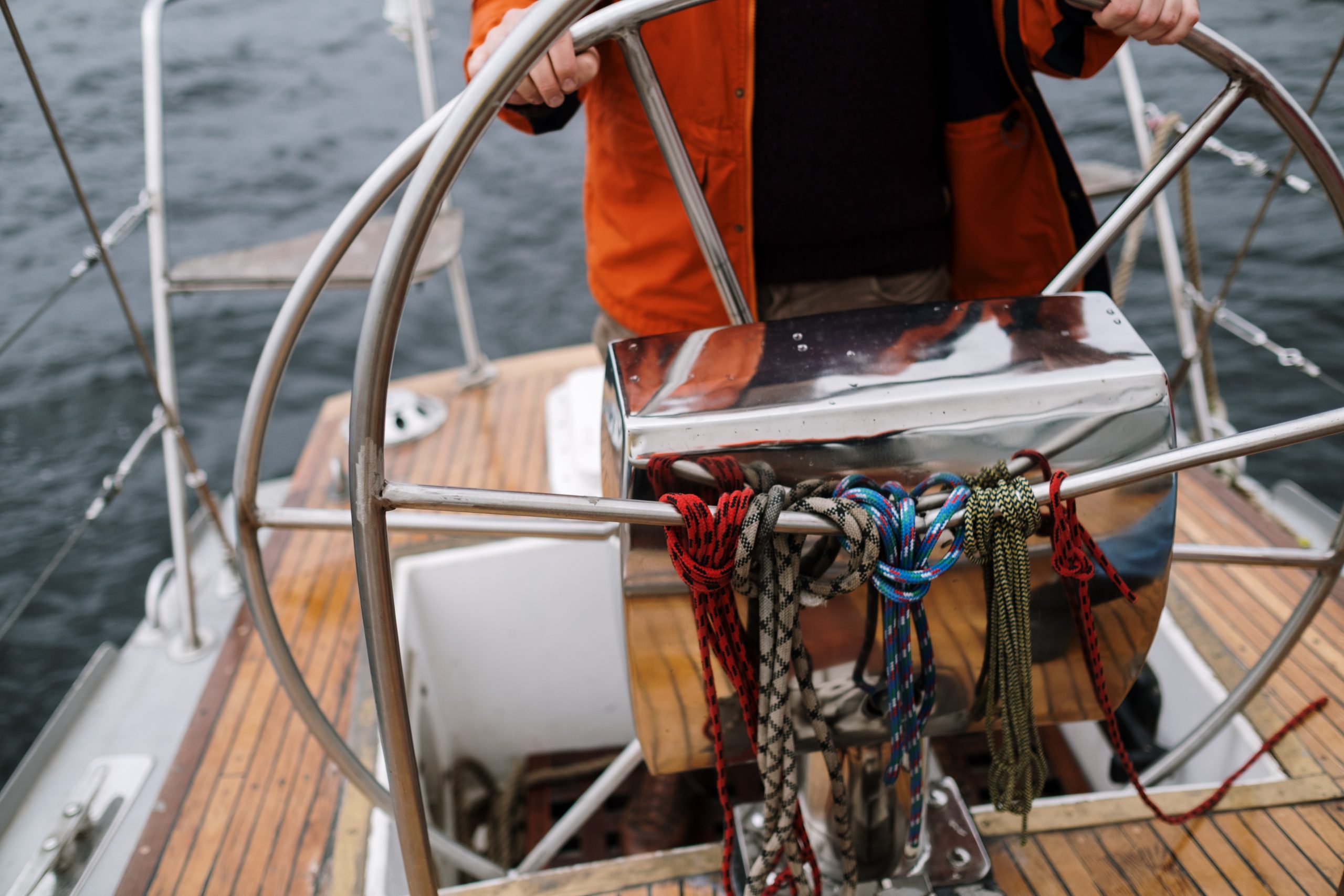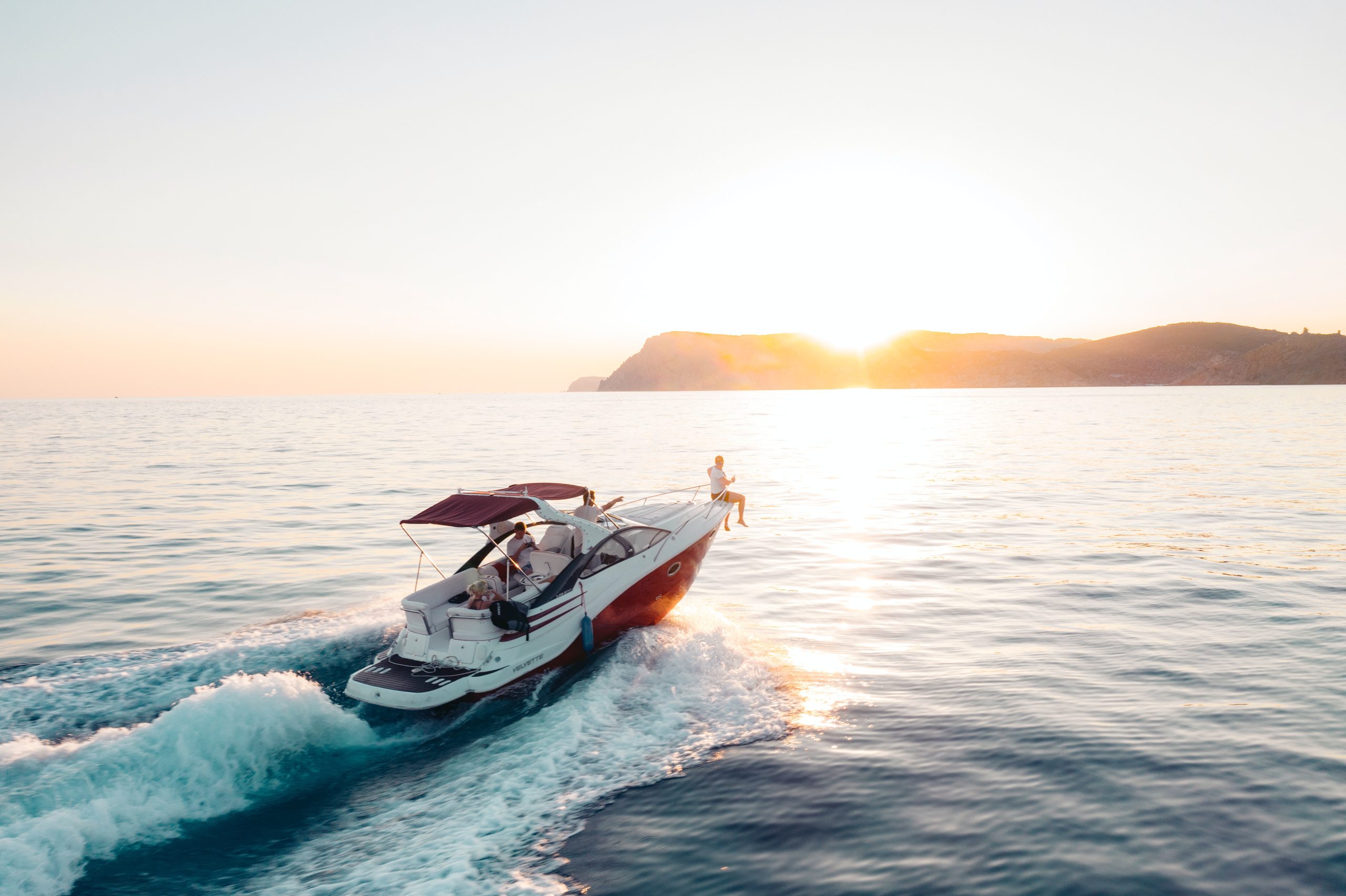Your cart is currently empty!
A Quick Beginners Guide: Marine Services

The vast expanse of the world’s oceans holds a wealth of opportunities. Enter marine services – the unsung heroes of the maritime world, providing essential support across a spectrum of activities.
At its core, marine services encompass a diverse range of offerings aimed at facilitating maritime operations. These services can be broadly categorized into several key areas, each playing a crucial role in ensuring the smooth functioning of maritime activities.
Let’s go over six types of marine services you might need.
1. Navigation and Communication: Efficient communication and precise navigation are paramount for safe maritime operations. Marine service providers offer cutting-edge technology and expertise to ensure vessels can navigate challenging waters with precision while staying connected with shore-based operations. This includes services such as GPS navigation, radio communication, and satellite tracking systems.
2. Ship Maintenance and Repair: Keeping vessels in optimal condition is essential to prevent breakdowns and ensure compliance with safety standards. Marine service companies offer a suite of maintenance and repair services, ranging from routine inspections and cleaning to major repairs and overhauls. These services help extend the lifespan of vessels and minimize downtime, ultimately saving costs for shipowners.
3. Port Services: Ports serve as vital hubs for global trade and transportation. Marine service providers offer a variety of services within ports, including cargo handling, tugboat assistance, pilo, and mooring operations. These services are essential for efficient loading and unloading of goods, as well as safe maneuvering of vessels within port limits.
4. Environmental Protection: With growing concerns over environmental conservation, marine service providers play a crucial role in safeguarding marine ecosystems. This includes services such as oil spill response, marine pollution control, and ecological monitoring. By implementing stringent environmental protocols and swift response measures, these services help mitigate the impact of human activities on marine habitats.
5. Offshore Support: Offshore industries, such as oil and gas exploration, rely heavily on specialized marine services to support their operations. This includes offshore supply vessels, diving services, seismic surveying, and platform maintenance. These services enable offshore projects to operate safely and efficiently in remote and challenging environments.
6. Salvage and Emergency Response: In times of crisis, rapid and effective response is crucial to mitigate potential disasters. Marine service providers offer salvage and emergency response services, including wreck removal, firefighting, and search and rescue operations. These services are vital for minimizing environmental damage and ensuring the safety of lives and property at sea.
Now that you have some idea of what types of services are available, maybe this list can help you narrow down exactly what you are looking for? Or maybe you are now interesting inBoat Owner Training Services

Boat Owner Training & Operations
Yacht owner training services are programs designed to provide yacht owners with the necessary skills and knowledge to safely and efficiently operate and maintain their vessels. These services are typically offered by specialized maritime training companies, yacht clubs, or individual yacht captains and instructors.
The training programs can cover a wide range of topics, tailored to the needs of the yacht owner and the type of vessel they own. Some common aspects covered in yacht owner training services include:
Navigation: Understanding charts, using GPS systems, plotting courses, and learning to navigate safely in different conditions.
Maneuvering: Techniques for docking, mooring, anchoring, and handling the yacht in various situations.
Safety: Proper use of safety equipment, emergency procedures, and understanding maritime rules and regulations.
Maintenance: Basic maintenance tasks to keep the yacht in good condition, troubleshooting common issues, and understanding onboard systems.
Weather Awareness: Learning to interpret weather forecasts and understanding how weather can impact the vessel’s performance and safety.
Emergency Preparedness: Preparing for emergencies at sea, including medical emergencies, equipment failures, and distress signals.
Seamanship: Developing general seamanship skills such as rope handling, knot tying, and understanding sail plans for sailing yachts.
Communications: Understanding onboard communication systems and protocols.
The training can be provided in various formats, including classroom sessions, practical hands-on training aboard the yacht, and simulator exercises. The duration of the training can vary depending on the complexity of the curriculum and the yacht owner’s previous experience.
Many yacht owner training services are also customized to suit the specific needs of individual yacht owners, considering factors like their level of experience, the size and type of their yacht, and their intended cruising destinations.
If you’re interested in yacht owner training services, I recommend searching for reputable maritime training schools or instructors in your local area or near your yacht’s location. You can also inquire at yacht clubs or marinas, as they often offer training programs for their members or can recommend reliable training providers.
Boaterslist recommends hiring a reputable team in your area like At The Helm Training in Stuart Florida!
At The Helm Training
Boaterslist/AtTheHelmTraining